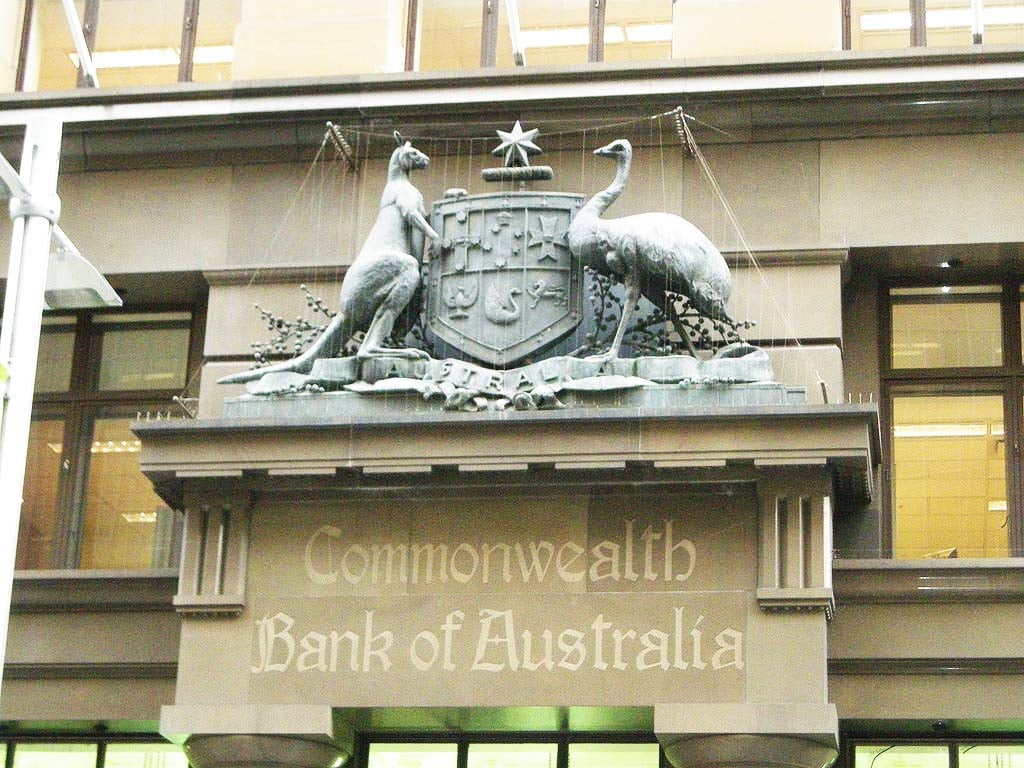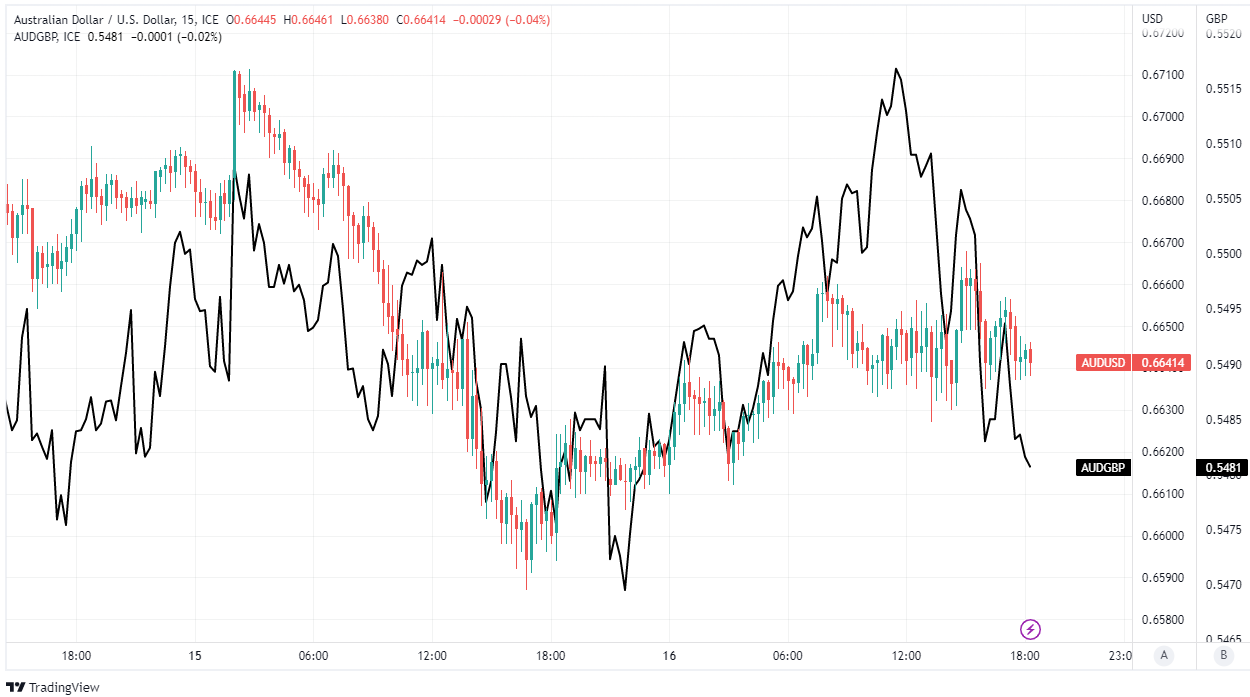The 'How Low Can it Go' Scenario for the Australian Dollar - Commbank Research
- Written by: James Skinner
-
"During crises, market participants value the return of capital more than the return on capital. Capital flows to perceived safe havens such as U.S. Treasuries, gold and the Japanese yen. The USD is often a major beneficiary," Commonwealth Bank of Australia.

© Neal Jennings, Reproduced under CC licensing
The Australian Dollar was lifted by rising local employment and recovering global markets on Thursday but could fall below 0.60 against the U.S. Dollar for a brief period in the event of any renewed or exacerbated sell-off in the banking sector, according to Commonwealth Bank of Australia research.
Australia's Dollar outperformed most other major currencies on Thursday, albeit with stiff but variable competition from the Korean Won, Mexican Peso, Pound Sterling and Swedish Krona after the Australian Bureau of Statistics said employment rose by around 64.6k last month.
That was a larger increase than the 49.7k suggested by the consensus or average of economist projections and draws a line under two month contraction straddling the year-end period over which the seasonal particulars of the labour market can mask the underlying trend.
This helped lift the Australian Dollar broadly on Thursday with a further boost coming as Swiss National Bank (SNB) support for a widely harried Credit Suisse short-circuited an earlier sell-off in finance and banking stocks, although the risk is of AUD/USD ending up below 0.60 in certain market conditions.
"However, even in this scenario, we do not expect AUD/USD falls to be sustained. Policy makers will not sit on their hands for long," says Joseph Capurso, head of international economics at Commonwealth Bank of Australia.

"AUD/USD could snap back if policy makers in the major economies further strengthen the banking system and/or cut policy interest rates. A belated increase in policy support by the Chinese authorities - missing in the recent Two Sesssions meetings - would also help AUD/USD to recover," he adds.
The CBA team warned on Thursday that other currencies would also likely be impacted in any scenario of renewed instability in global markets with the main Kiwi exchange rate, NZD/USD, potentially ending up below 0.55 for a time.
Similarly, they also warned of USD/CAD topping its pandemic high around 1.45 and USD/JPY slumping by between 15 and 20 Yen on safe-haven demand.
"During crises, market participants value the return of capital more than the return on capital. Capital flows to perceived safe havens such as U.S. Treasuries, gold and the Japanese yen. The USD is often a major beneficiary of capital inflows and strengthens in crises," Capurso says.
"AUD/USD has a long history of rapidly falling to low levels during global crises. A possible saving grace for AUD in the current circumstances is that Australia has recorded large current account surpluses in recent years," he adds.
Source: Commonwealth Bank of Australia Global Economic and Markets Research.
Previously, global markets had worked themselves into a frenzy when heavy selling of Credit Suisse shares led to a rout in the broader European banking sector entailing double-digit percentage losses for some names.
Press reports and other anecdotes suggested there were worries that companies and households engaging in 'bank run' behaviour could force banks to liquidate capital reserve assets in order to meet demand for deposits.
Fears were that this would lead banks themselves to realise large and financially crippling losses by selling government bonds at much lower market prices than when they were acquired due mainly to the effect that central bank monetary policies have had on bond prices everywhere.
Bond prices and values do fall when central bank interest rates and bond yields rise but losses below par value are merely an accounting technicality if and when the bonds in question are intended to be held until maturity, as is the case with banking sector capital reserve assets.
Hence why actions taken by the Federal Reserve and other federal agencies in the U.S. at the weekend, and in Switzerland on Wednesday evening, have been effective in nullifying any risk of the above scenario becoming reality.

